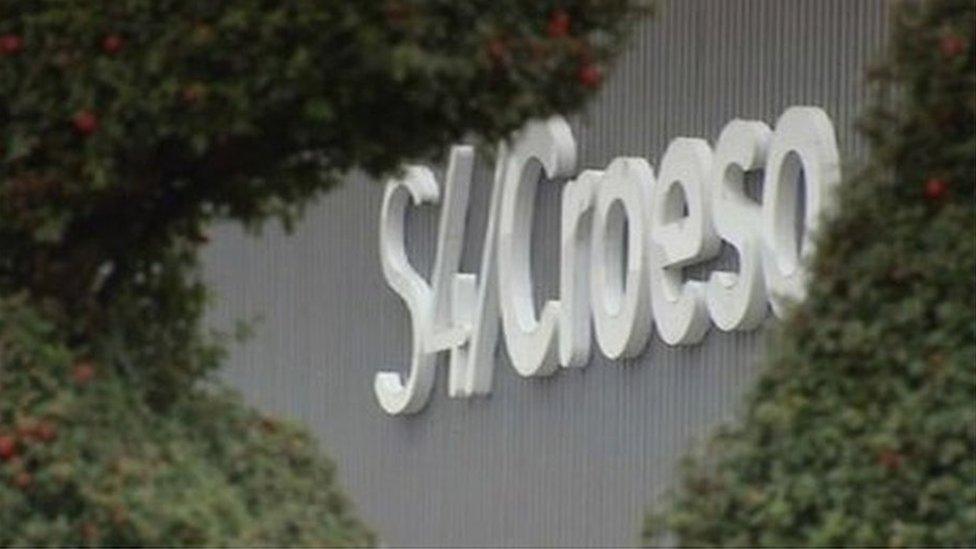S4C needs extra funding to avoid 'second-class' service
- Published
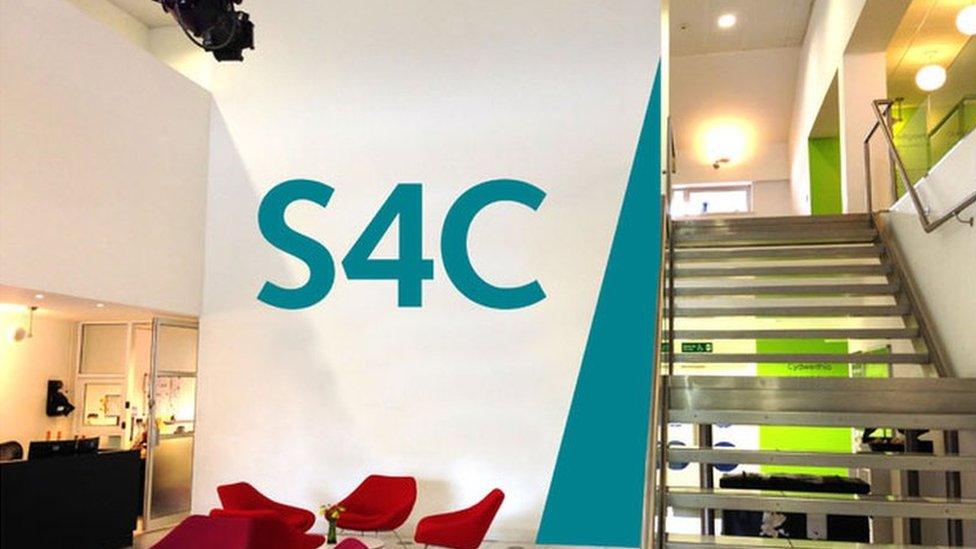
S4C has said it needs a major overhaul of its funding and its remit to avoid becoming a "second-class service".
The Welsh-language broadcaster has published a document setting out its 10-year vision, ahead of an independent review of its role and remit.
S4C relies heavily on public funding, with £74.5m from the BBC licence fee a year and £6.8m from the UK government.
It said an additional £6m was necessary to enable its content to appear on all new platforms.
Chief executive Ian Jones said money was also needed for programmes to prevent it becoming a "second-class service", but he would not say how much was required.
He told BBC Wales that S4C had to follow audiences now viewing TV content on digital devices.
'Cut programme budget'
"We don't have a choice, we have to target those viewers on the platforms of their choice and the platforms they want to use," he said.
"And that costs. Therefore, we need sufficient finance to do that."
S4C says cuts to its funding by the UK government meant its budget fell by more than a third since 2010 and that an increased income and a broader remit would provide long-term security.
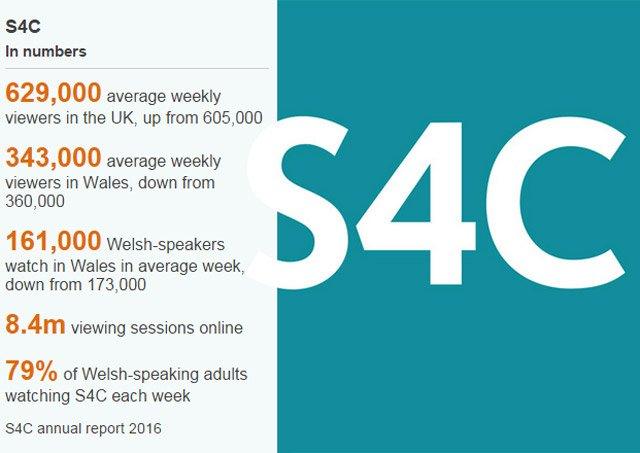
An independent review of S4C, commissioned by the UK government, is due to take place by the autumn.
Mr Jones said the channel's future depended on implementing significant changes.
"I don't think we've got a choice, we have to do this," he said.
"If we can't get sufficient finance to enable us to pursue this vision, there is only one place where we can find that finance and that is to cut the current programme budget."
'Redefined'
S4C's 10-year vision, published in a document called Pushing the Boundaries, calls for its content to be available on all new platforms - and for its remit in law to be redefined from that of a television channel to become a public service media company.
The channel argues the changes would give it greater freedom to pursue new programme-making and commercial opportunities, while it currently works to a remit set out in 1982, when the channel came on air.
It also says it wants to create content that is "more relevant, competitive and diverse," and to increase the "economic, linguistic and educational benefits" of its work.
To do this, S4C says it needs £6m to ensure its programming is available on all new devices and digital platforms. It says it also needs more money to spend on programmes but stops short of setting an exact cost.

S4C's WISH-LIST: THE NEXT 10 YEARS
£6m to make S4C available on all devices
More funds for programmes
Redefine its remit
New commercial opportunities
Change its governance structure
Greater impact on education and growth of the Welsh language

S4C's document argues it would provide greater public value in future by providing a wider opportunity for Welsh-language programming to be accessed beyond traditional television sets.
It also vows to offer more educational content and do more to improve media skills in Wales.
Its commercial arm currently generates an income of around £2m a year which is reinvested into the channel.
But S4C argues it could "extract more value" from on-air brands in future if existing restrictions are lifted and confirms it is currently considering plans for a real-life Fferm Cyw /Cyw Farm based on its children's programming strand.
The document also addresses the future governance of the channel, including a proposal to remove the BBC appointee from the S4C Authority.
- Published5 April 2017
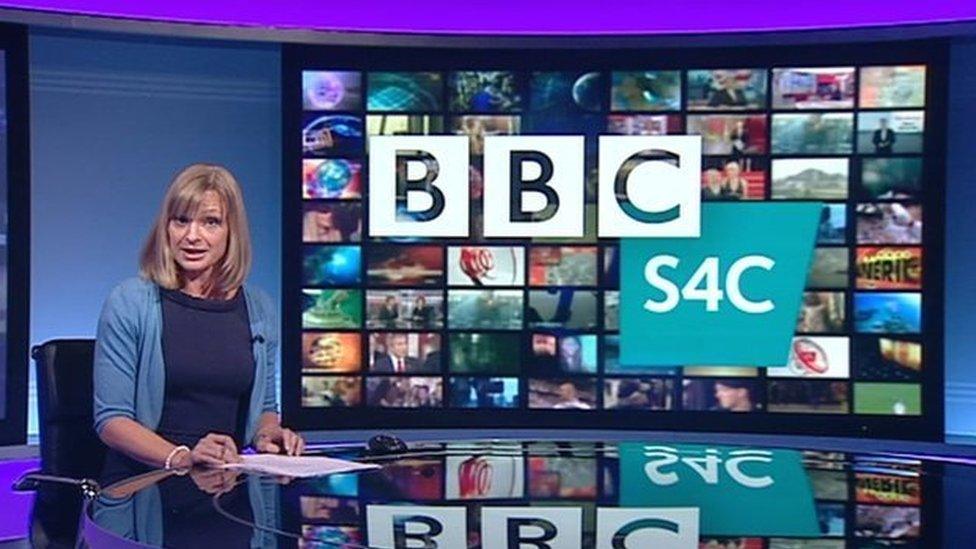
- Published9 February 2017

- Published18 January 2017
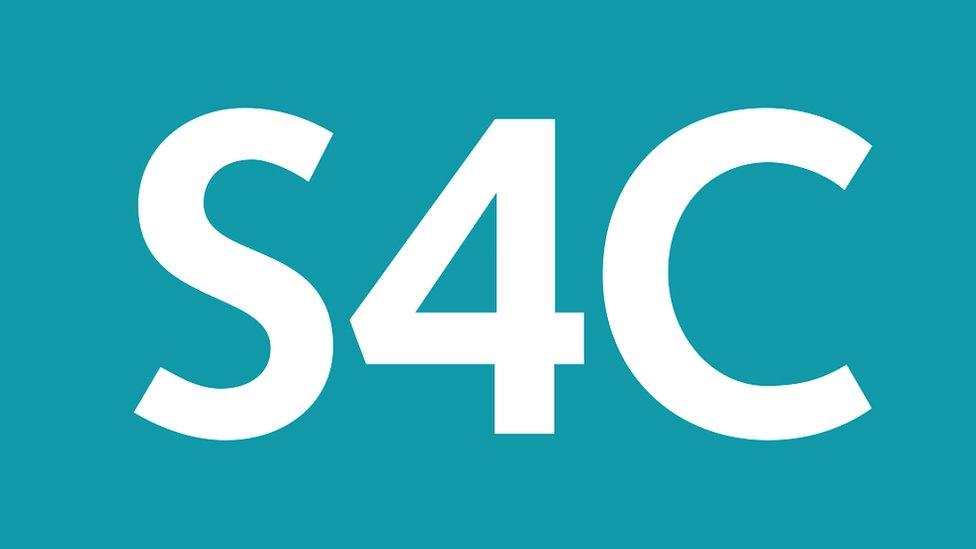
- Published7 September 2016
